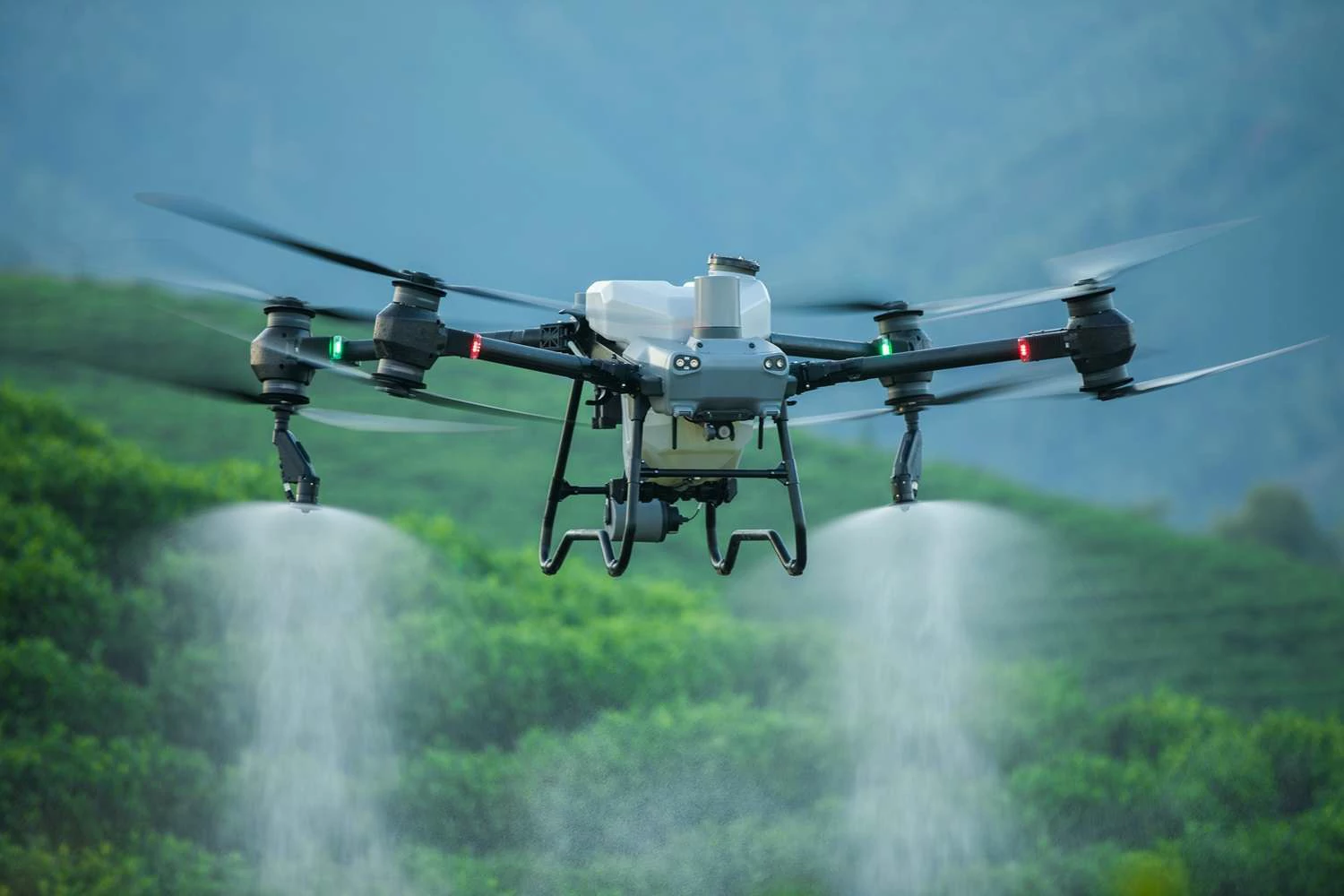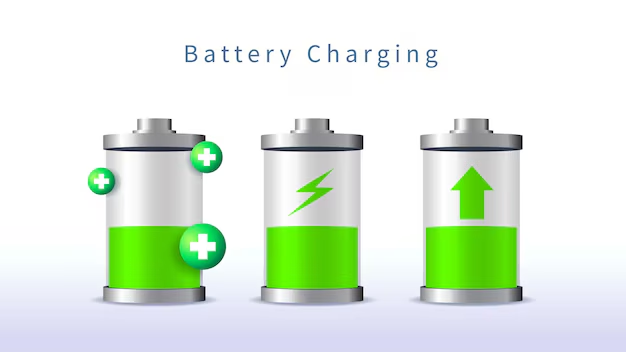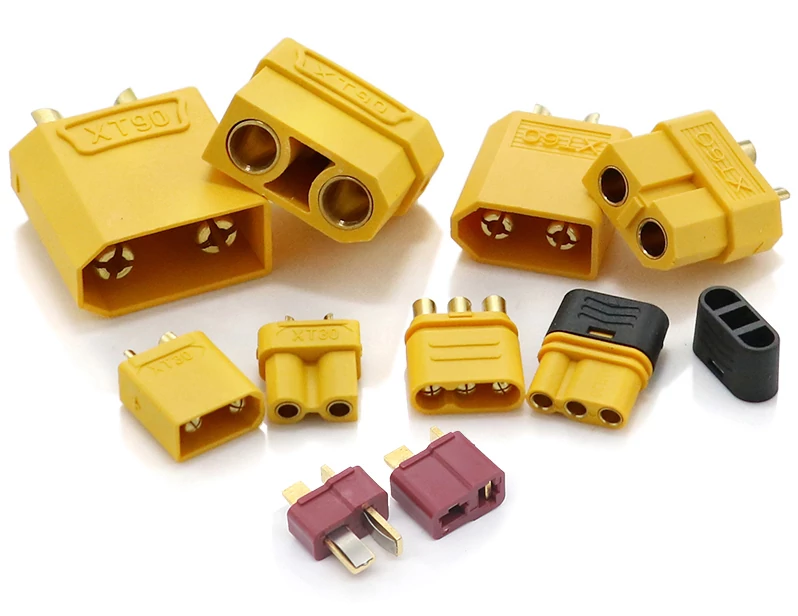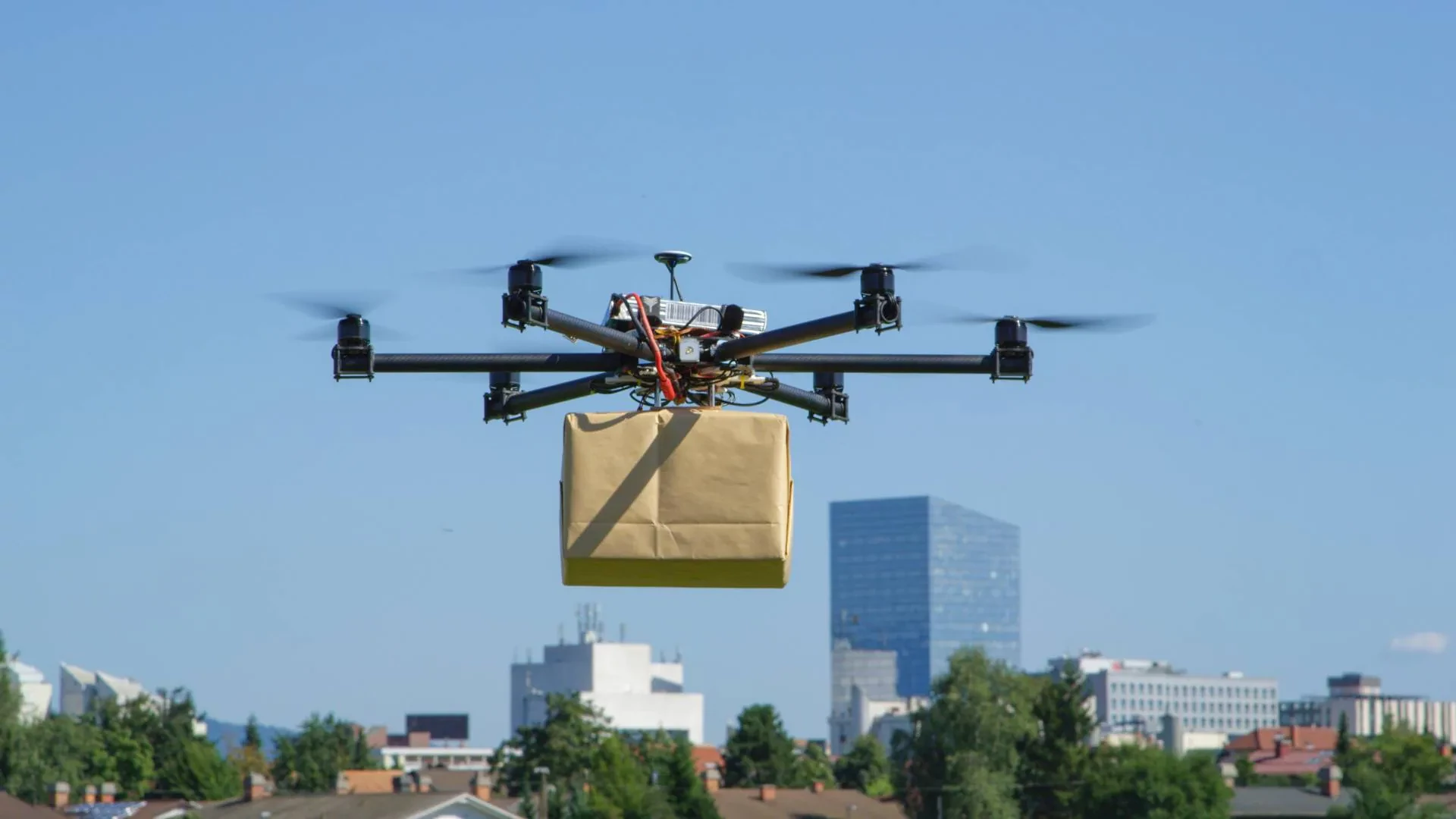Can Drone Batteries Be Charged Overnight? Everything You Need to Know
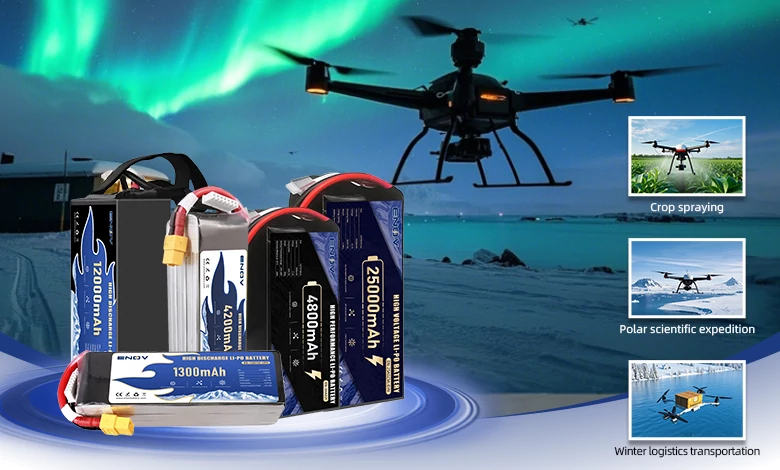
ENOV High-Energy drone batteries power industrial and commercial drones. Delivering 220–320 Wh/kg energy density, they enable long flight times (30+ mins) and support fast charging (2C). Perfect for aerial photography, surveillance, and delivery drones.
In general, it is not advisable to leave drone batteries charging overnight.
Most drone batteries and High-quality chargers from mainstream brands (such as DJI) are equipped with overcharge protection, which automatically cuts off power once fully charged. Occasionally forgetting to unplug them is unlikely to cause safety issues, but doing so regularly poses potential risks; therefore, it’s best to avoid this practice.
1. Reasons for Not Recommending Overnight Charging
1.1 Shortens Battery Lifespan
Lithium batteries perform optimally when their charge is maintained between 30% and 70%. Prolonged full charge (including remaining connected to the charger after being fully charged) accelerates aging. For example, you may notice a significant reduction in flight time—from an initial 20 minutes down to 15 minutes over time.
1.2 Safety Hazards
Although the probability is low, if the battery or charger is aged, damaged, or inferior products are used, the overcharge protection may fail. This could lead to battery swelling, leakage, or in extreme cases, fire risks. Additionally, charging in excessively humid or high-temperature environments, or near flammable items like curtains and blankets, increases these risks.
1.3 Risk of "False Charge"
After long-term storage at full charge, the battery may show a full charge indicator but lose power rapidly during actual flight, potentially causing the drone to crash due to sudden power loss.
2. Proper Charging Recommendations
2.1 Unplug Immediately After Full Charge
Charge the battery while being supervised. Once fully charged (indicated by a green light or 100% display), unplug the charger promptly and avoid leaving it connected.
2.2 Use Original Equipment
Always use the original battery and charger provided with the drone. Inferior products may lack adequate protection features, increasing the risk of malfunctions.
2.3 Choose the Right Charging Environment
Charge in a dry, well-ventilated area (e.g., a desk), away from flammable items like beds, curtains, and lighters. Avoid direct sunlight or charging in extremely cold or hot conditions.
2.4 Inspect the Battery Regularly
Check for swelling, leakage, or casing damage before each charge. If any issues are found, stop using the battery and contact after-sales service immediately.
3. How to Prepare Battery Power for Urgent Use the Next Day?
If you need to use the drone the next day, prepare the battery power in advance to ensure convenience and avoid damaging the battery:
① Charge a Few Hours in Advance
For morning use, start charging 2-3 hours before going to bed (most drone batteries fully charge within 1-2 hours). Unplug immediately after full charge to prevent prolonged full charge while ensuring sufficient power.
② Charge to 80%-90%
There’s no need to charge to 100%. This range meets flight needs and is better for battery preservation than a full charge.
③ Use a Timed Socket
If you’re worried about forgetting to unplug, use a timed socket to set the charging duration, which automatically cuts off power when the time is up—convenient and safe.
Quick inquiry
Drop us a line, and we’ll get back to you within 24 hours.

Ariana Yuan
Digital Operations Manager
Website Planning|Marketing Project Management for Drone Batteries|Scheduled Content Refresh|SEO Optimization

Ariana Yuan
Digital Operations Manager
Website Planning|Marketing Project Management for Drone Batteries|Scheduled Content Refresh|SEO Optimization
